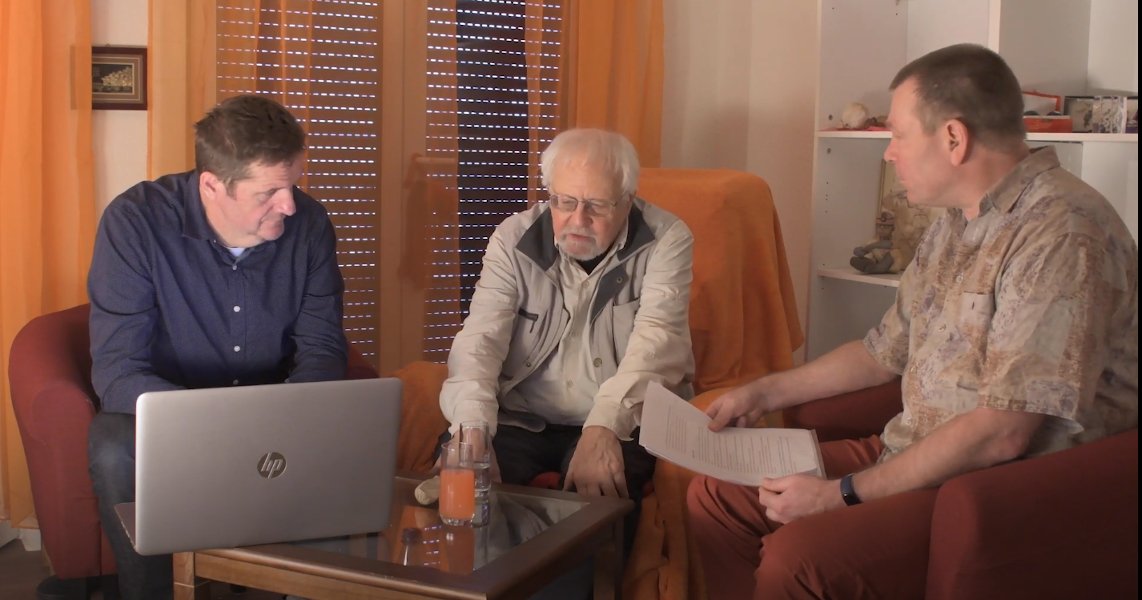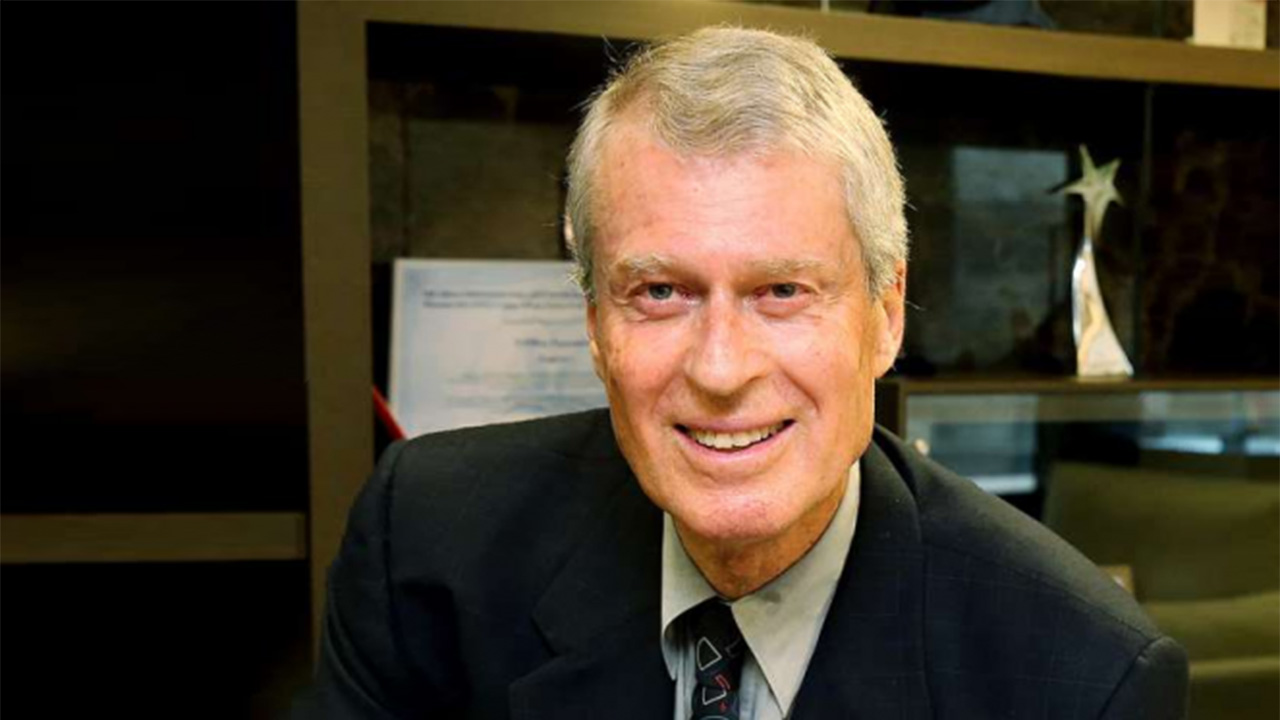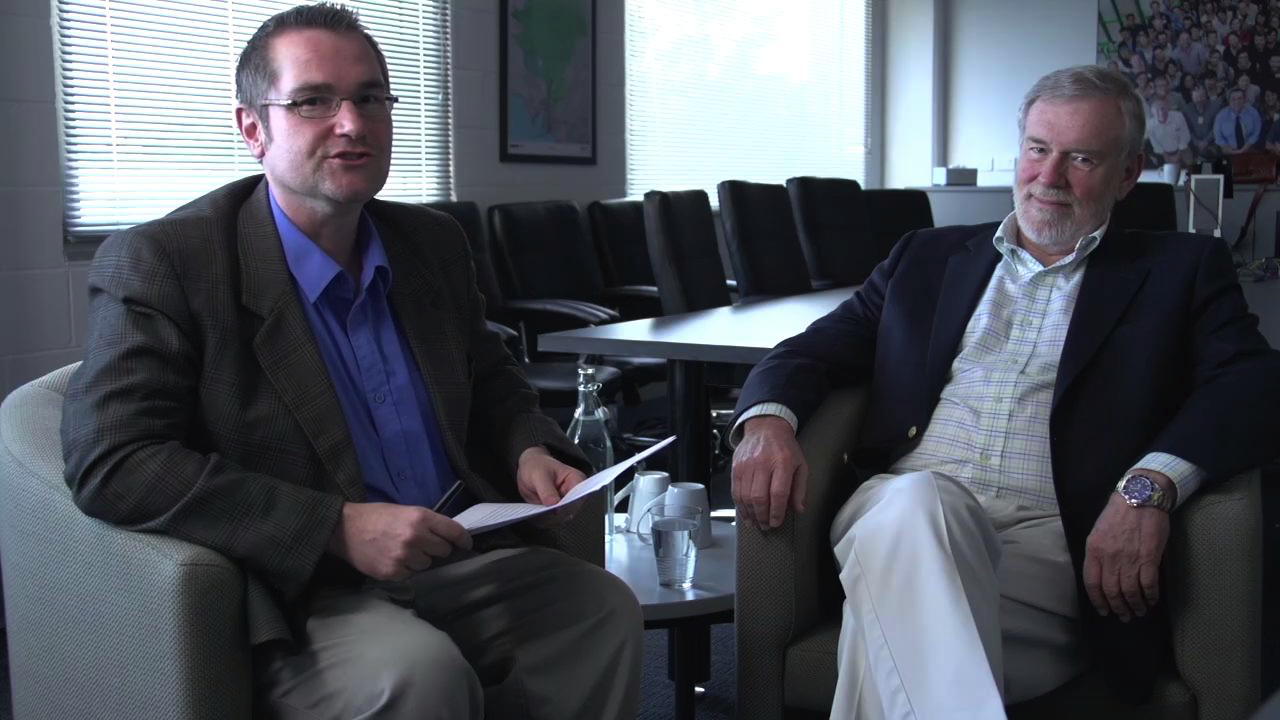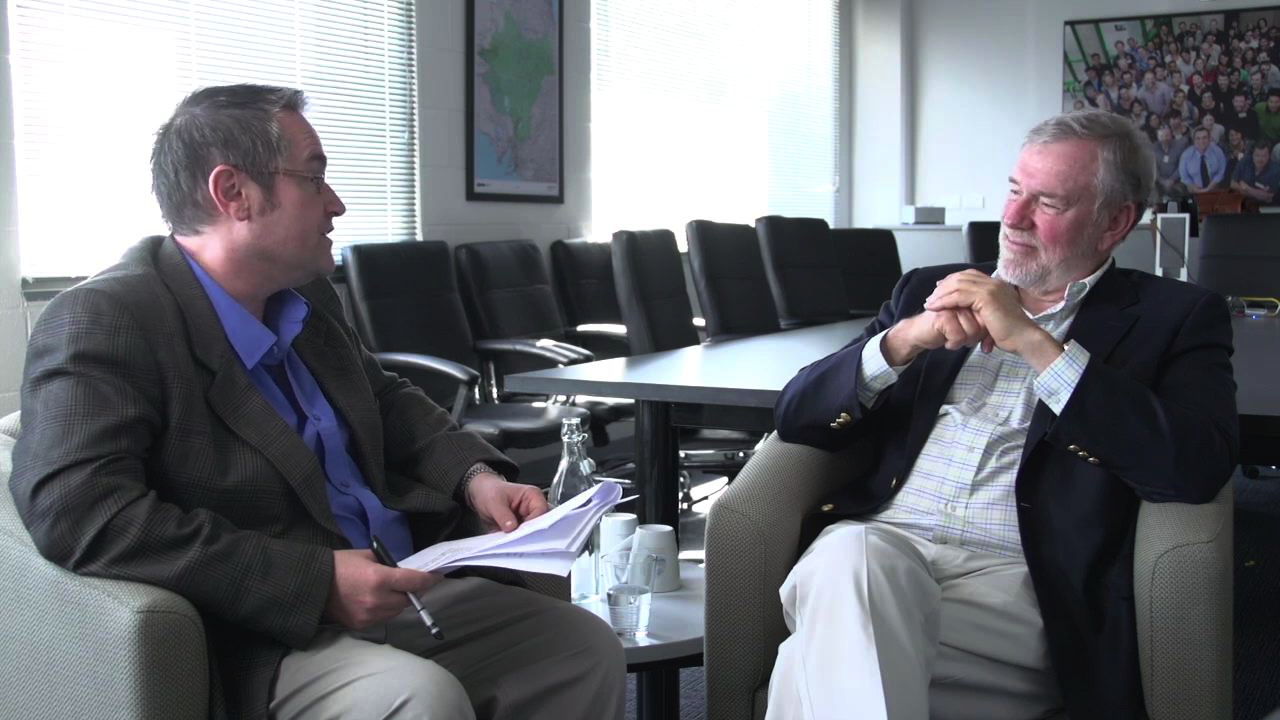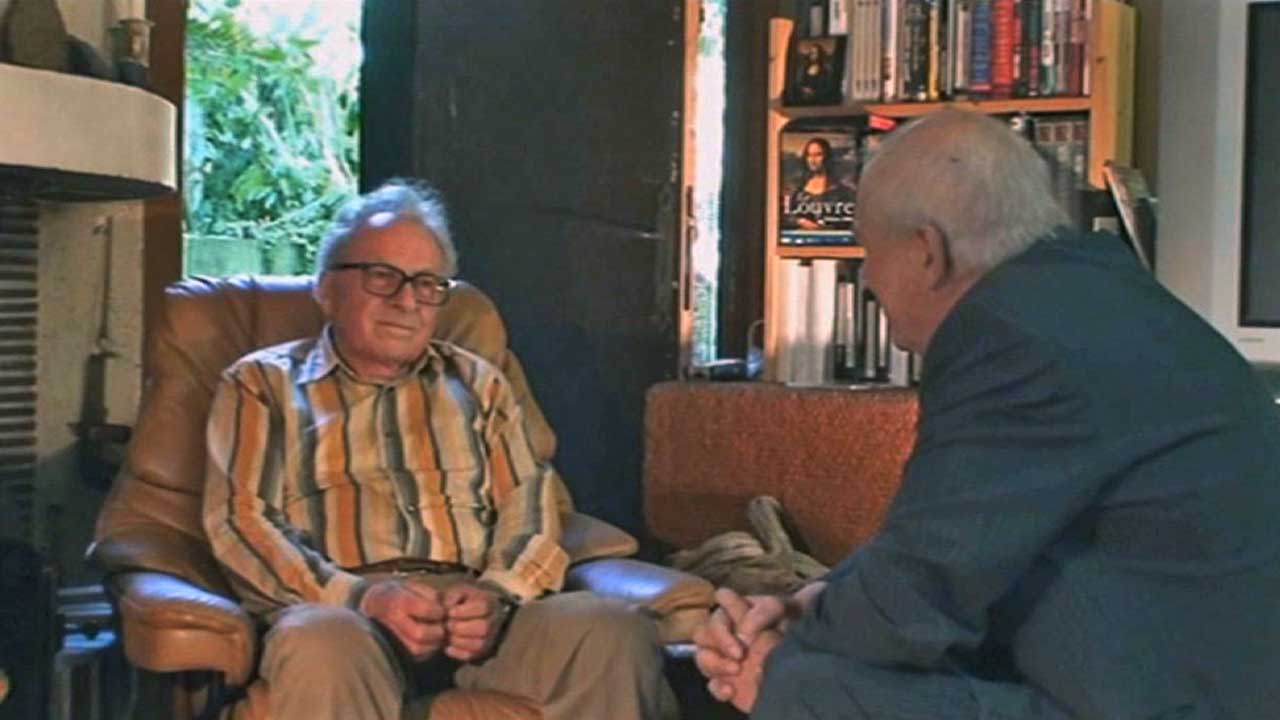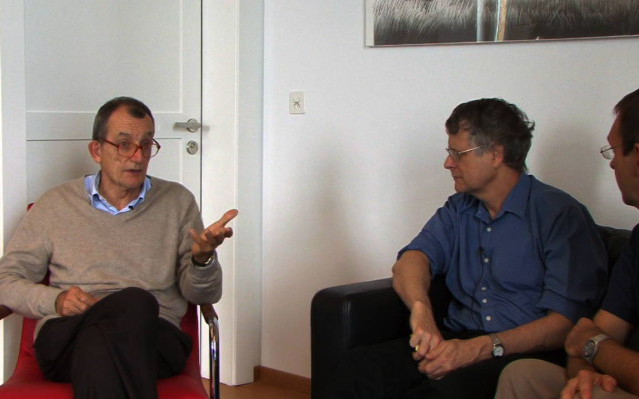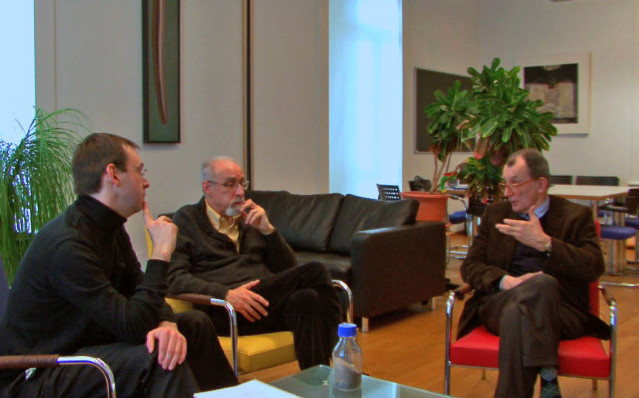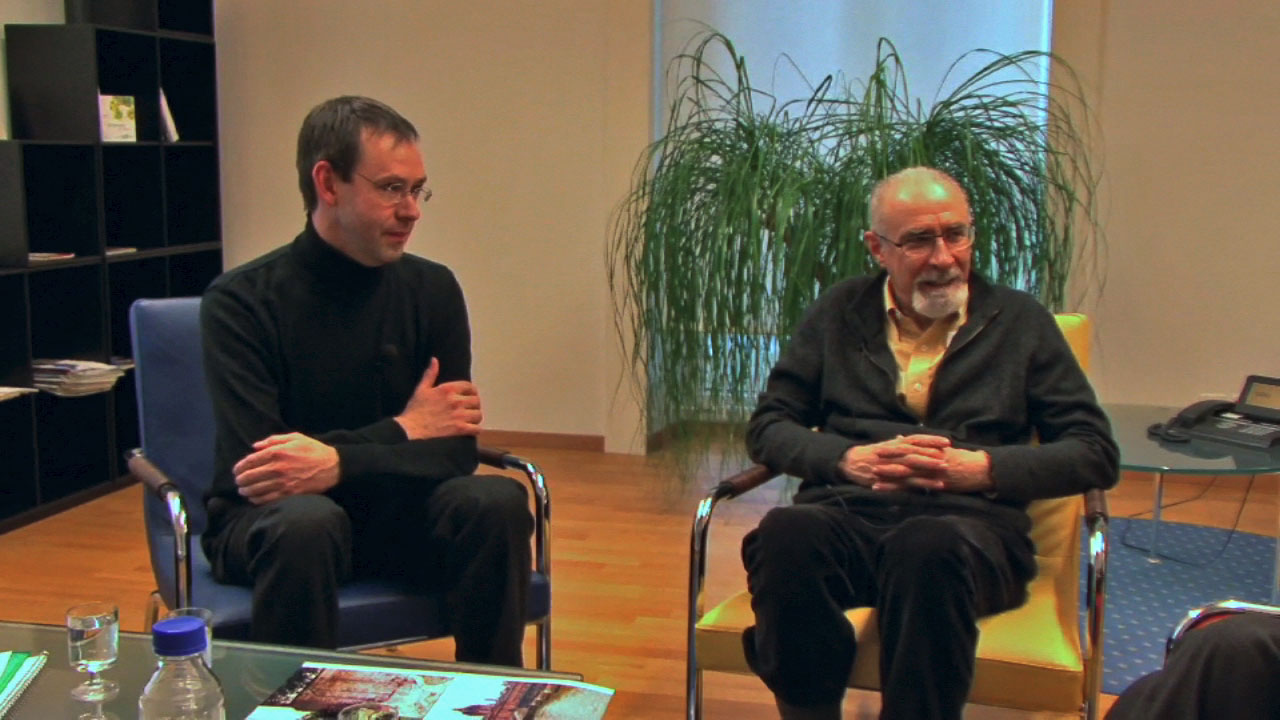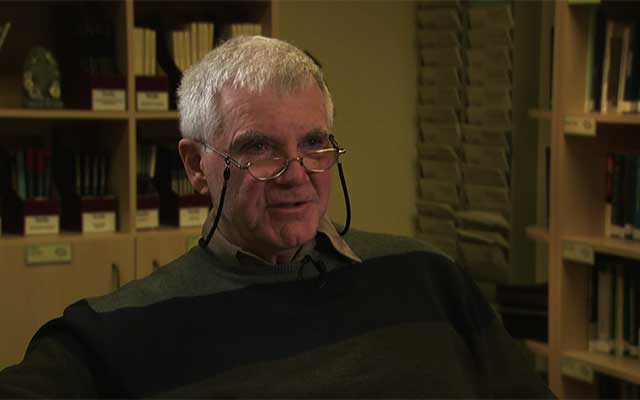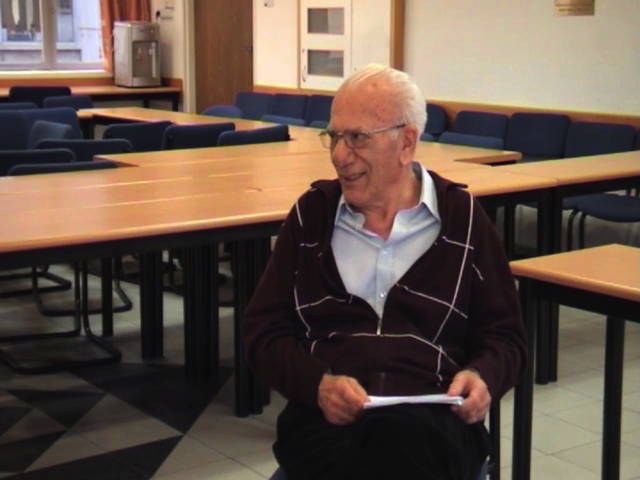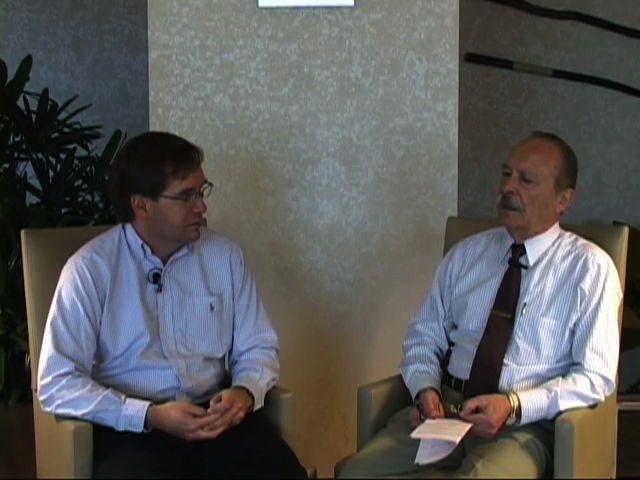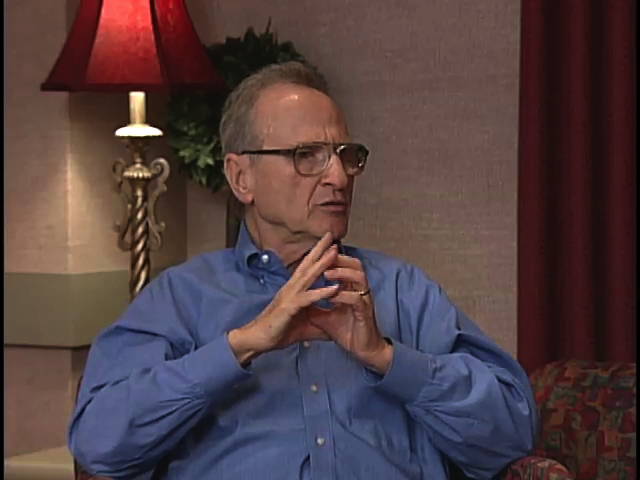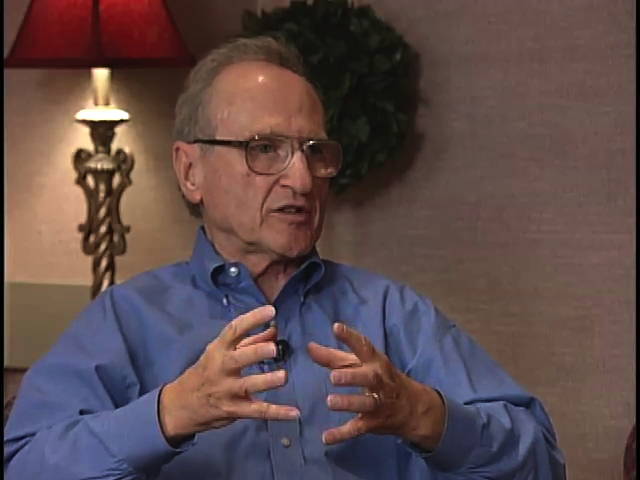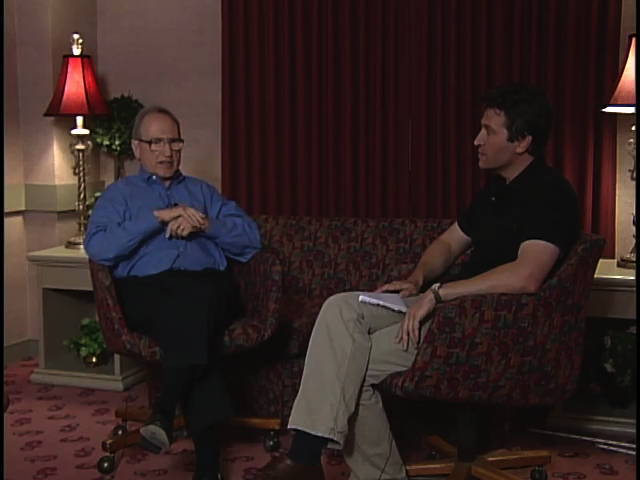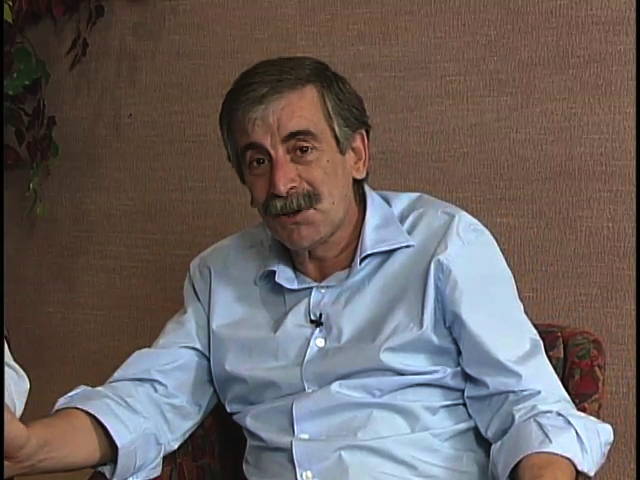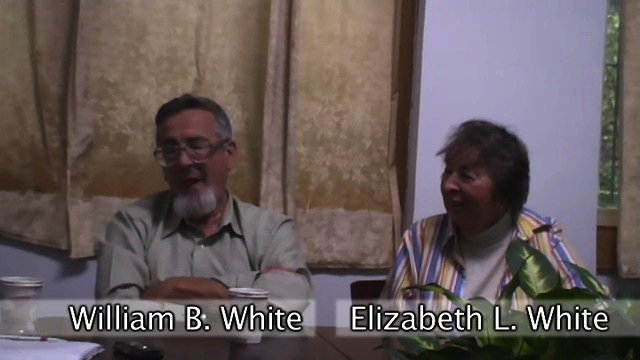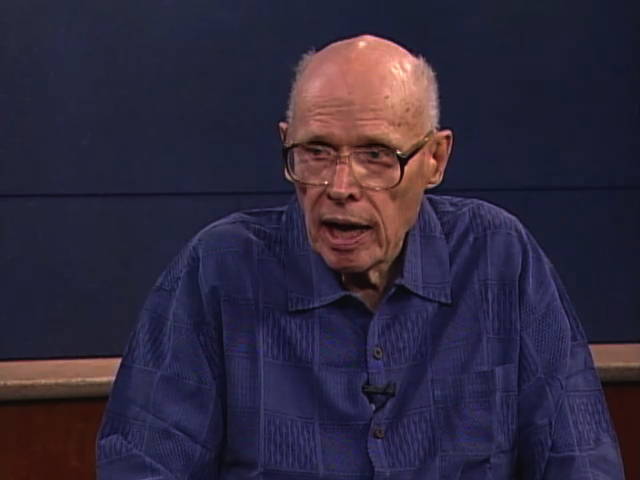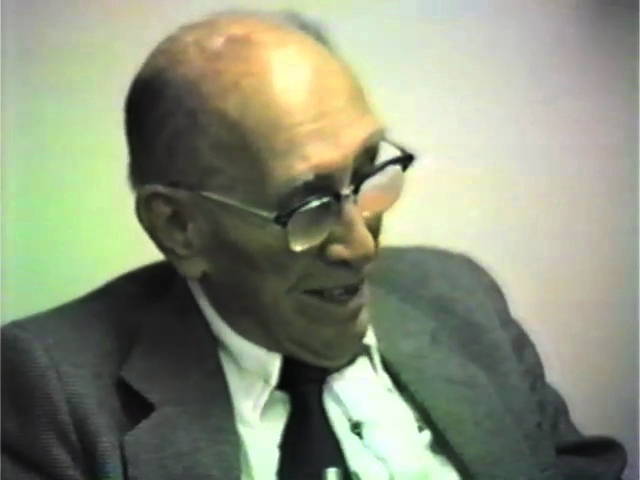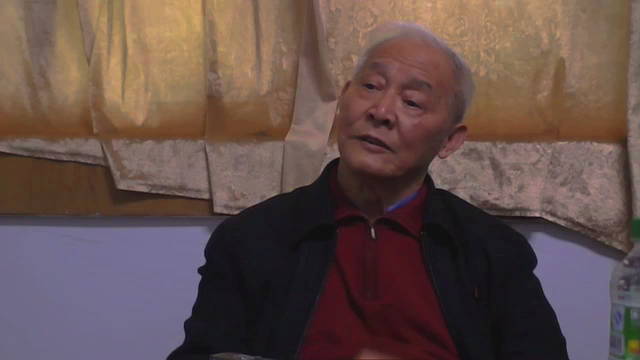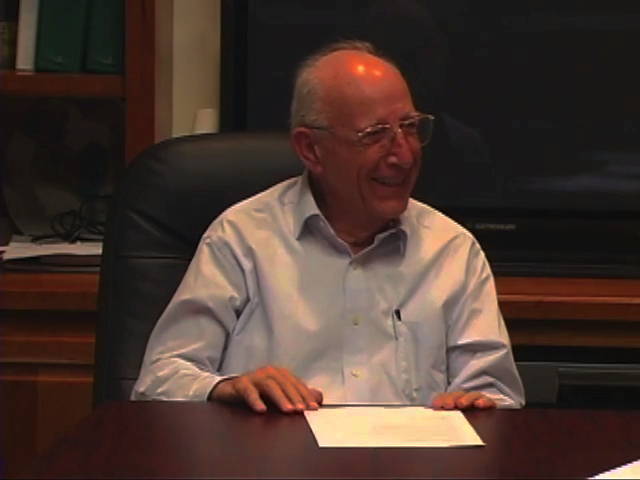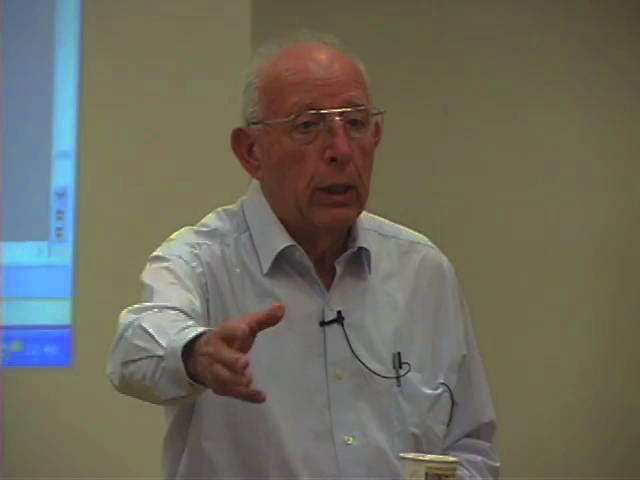Records and reflections of some eminent hydrogeologists of our time
Wolfgang Dreybrodt
Wolfgang Dreybrodt, Emeritus Professor of experimental physics at the University of Bremen, talks about his career during this hour long interview.
50 years of Contaminant Hydrogeology: Evolution of the Science
In this one hour lecture, discover how contaminant hydrogeology has grown from its earliest beginnings in the mid-1960’s to an advanced domain. This lecture is given by one of the pioneers of the discipline, Prof. John Cherry (Univ. of Guelph, Canada).
Warren W. Wood, part 1
Warren W. Wood is interviewed about his career by Craig Simmons at Flinders University
Warren W. Wood, part 2
Warren W. Wood is interviewed about his career by Craig Simmons at Flinders University
Career from Maghreb to France, birth and evolution of the hydrogeological science
Carried out during discussions with members of the IAH French Chapter, this video allows to trace Jean Margat's career in the Maghreb where he made his first professional experience in hydrogeology, and then at the French Geological Survey (BRGM) where he was the head of the Hydrogeology Department, and his activity as an expert for several international organizations.
From Cauchy’s method to PEST, an overview of the history of inverse problems
A discussion between G. de Marsily, J. Doherty, P. Renard and P. Brunner. First of a series of three interviews.
The birth of stochastic hydrogeology
Interview of G. de Marsily by J.P. Delhomme, and P. Renard. Second of a series of three interviews.
From quantitative hydrogeology to the future of our civilization
Interview of G. de Marsily by J.P. Delhomme, and P. Renard. Third part of a series of three interviews.
Interview with Dr. R. Allan Freeze
Allan Freeze is interviewed by his son Geoff Freeze about his life and career.
An interview with a Master
Gedeon Dagan discusses his life and career and his view on the past and future trends in the field of subsurface hydrology, together with considerations on the scientific method and the overall approach and methodology of the scientific research.
József Tóth talks with Ben Rostron
Toth talks about his major contributions to hydrogeology, his career as a professor and teacher, and the way in which he came to make his breakthrough in the early 1960’s concerning gravity-driven groundwater flow, the theoretical developments, its practical applications and the impact it has had in the hydrogeology community. Toth talks about his PhD and early career and the development of early hydrogeology courses at University of Alberta. Reflection on his successful career spanning some 50 years and offers some important thoughts on the future of hydrogeology.
Years 1938 to 1974
This is the first part of a series of four interviews. In this part, Shlomo Neuman is interviewed by Jesus Carrera and Alberto Guadagnini about his life and early carrier. The interview covers essentially the years 1938 to 1974: from his birth in Czechoslovakia and infancy during World War II to his first years of research in Israel after having obtained his PhD in Berkeley.
Years 1974 to 2008
In the second part of this video series, Shlomo Neuman is interviewed by J. Carrera and A. Guadagnini about his life and work after establishing his research group in Tucson, Arizona. This period covers a very broad range of research topics such as his work on geostatistics, inverse methods, fractured media or multi-scale theory.
Discussion about stochastic hydrogeology
In the third part of a series of four, Shlomo P. Neuman is interviewed by Daniel Tartakovsky about various aspects of stochastic hydrogeology including the contributions of Shlomo Neuman to this field, its potential application to practical problems and the future of this field of research.
Neuman highlights contributions of his students and collaborators
A striking aspect of the contribution of Shlomo Neuman to hydrogeology is that he has been the mentor of several generations of students and collaborators who became or are becoming leading research in many universities worldwide. In this interview by J. Carrera and A. Guadagnini, Shlomo P. Neuman reminds most of his former students and colleagues and highlight their contributions.
The Whites: their contributions to karst hydrogeology
The Whites explain how they organise their scientific cooperation as a couple and how William B. White could cope with 17 different research topics, including spectroscopic techniques, crystal chemistry, glass and materials science.
Conversation between Paul Whitherspoon and Allan Freeze
Paul Witherspoon is interviewed by Allan Freeze about his life and research accomplishments in the fields of petroleum engineering and hydrogeology.
Short edit on C.V. Theis scientific achievements
This video is an edited and illustrated selection of the original C.V. Theis interview by John Bredehoeft. It is focused on his main scientific accomplishments and on his relations with some of the most influential geologists at that time (Hubbert, Meinzer, Wenzel). Theis’ major contributions to hydrogeology including transient theory of groundwater flow, heat-flow analogy, well testing, and early work on dispersion are discussed.
Full interview by John Bredehoeft
Through a discussion with John Bredehoeft, C.V. Theis recalls the early days of hydrogeology at the US Geological Survey. Together, they take a journey through Theis’ major discoveries, discussing their context, and the roles of the other important people that were involved at that time (Hubbert, Wenzel, Jacob, Meinzer, Thiem, etc.). We discover Theis’ personality in detail and he shares with us many professional and private anecdotes and stories that punctuated his life
An interview with a distinguished hydrogeologist from China
In this interview, Yuan Daoxian tells about his life and research, which is closely related to the younger history of China and the present environmental problems in this emerging economic power.
Personal Perspectives
Jacob Bear is interviewed by Alex Cheng and a group of colleagues and students from the Universities of Mississippi and Memphis. Jacob Bear reflects upon his distinguished career and emphasises the important need for connections to be made between fundamental understanding and real-world applications.
Looking Forward
Jacob Bear delivers a lecture describing both past achievements in and a future vision for the field of transport in porous media. The presentation is based on the Boussinesq Lecture that Bear delivered in 2006 to commemorate the 150th anniversary of the publication of Darcy’s Law. The lecture is followed by an interactive discussion with […]

